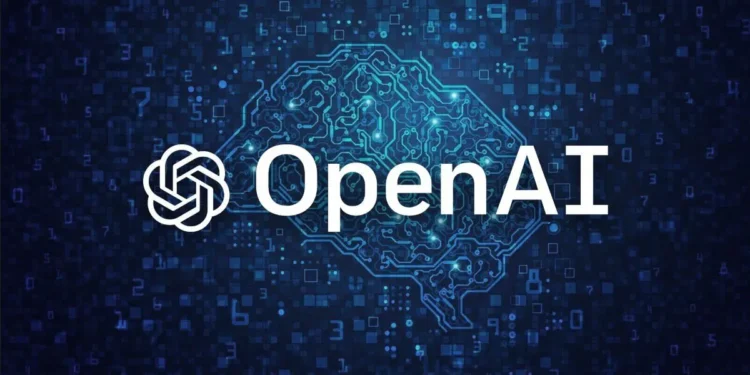Few words carry as much weight as “AI launch,” especially when the tool promises to feel like speaking to a PhD-level expert. OpenAI has released GPT-5, the latest evolution of ChatGPT, and Canadians should take note.
What’s New and Why It Matters
- Smarter and faster, GPT‑5 is built to understand users with nuance, from programming and writing to health-related advice. It outperforms its predecessors in expert domains.
- It introduces a unified system that dynamically chooses between quick answers and deep reasoning, offering a more coherent experience through a single model.
- OpenAI boasts GPT-5 reduces hallucinations, improves factual honesty, and defaults to safer, less sycophantic responses which is moving closer to trustworthy AI.
Here’s what we know about this model
| Feature | GPT‑4 / GPT‑4o | GPT‑5 |
| Reasoning Engine | Single model or manual selection | Unified system with automatic “model router” for optimal reasoning |
| Context Window | Up to tens of thousands of tokens | Expanded to 256,000 tokens |
| Accuracy & Reliability | Improved over GPT‑3 but still hallucinates occasionally | ~45% fewer factual errors; major leaps in factuality and safety |
| Coding Performance | Strong at general coding tasks | Record-breaking on SWE-Bench and Polyglot benchmarks; excels at both frontend and complex logic |
| Multimodal Abilties | Text, image, audio in separate models (GPT‑4o) | Native multimodal integration with smarter routing |
Usage Tiers & Variants | Standard plus smaller models like GPT‑4o mini | Deployed in Standard, Mini, Nano, and Pro/Thinking tiers; auto-switching by complexity |
Access, Pricing and Features by Tier
- Free users can access GPT-5 with usage caps. If those limits are reached, GPT-5 Mini steps in as a lighter fallback.
- Plus subscribers enjoy higher limits and smoother access.
- Pro users get full access, including the extended reasoning mode in GPT-5 Pro.
- Enterprise and education rollout is expected shortly.
Why Canada Should Take Notice
- Innovation across sectors: Canadian developers and startups in fintech, health tech, legal services, and climate solutions now have a sharper, more contextual assistant.
- Public policy and trust: Safer defaults and reduced bias could influence how Canadian governments and institutions regulate or adopt AI in the public interest.
- Education and R&D: Universities gain deeper reasoning capabilities for teaching, academic research, and testing new AI use cases.
Who Benefits and How
Freelancers and solo entrepreneurs can pitch, prototype, and create content more efficiently, especially in consulting, content marketing, and software.
Developers benefit from improved code interpretation, debugging, and multilingual reasoning. This is ideal in Canada’s bilingual tech environment.
Educators and students receive stronger support for planning lessons, writing theses, or revising coursework, while built-in filters help maintain academic integrity.
Small business owners can streamline tasks like writing policy documents or creating customer service flows, reducing the need for multiple contractors.
Healthcare professionals and researchers, though still advised not to rely on AI for clinical decisions, can use GPT-5 for medical summarisation, draft preparation, and multilingual patient communication.
Immigrants and newcomers gain a powerful assistant to help with bureaucratic tasks, job interview preparation, or cultural translation, bridging barriers with speed and context.
GPT-5 is not just for developers or large firms. It expands the reach of high-performing AI to anyone with internet access and a reason to work smarter.













